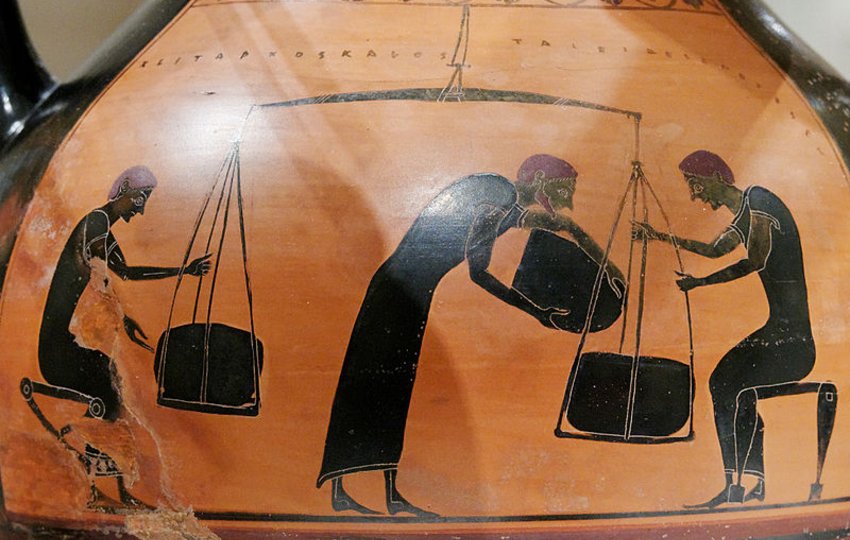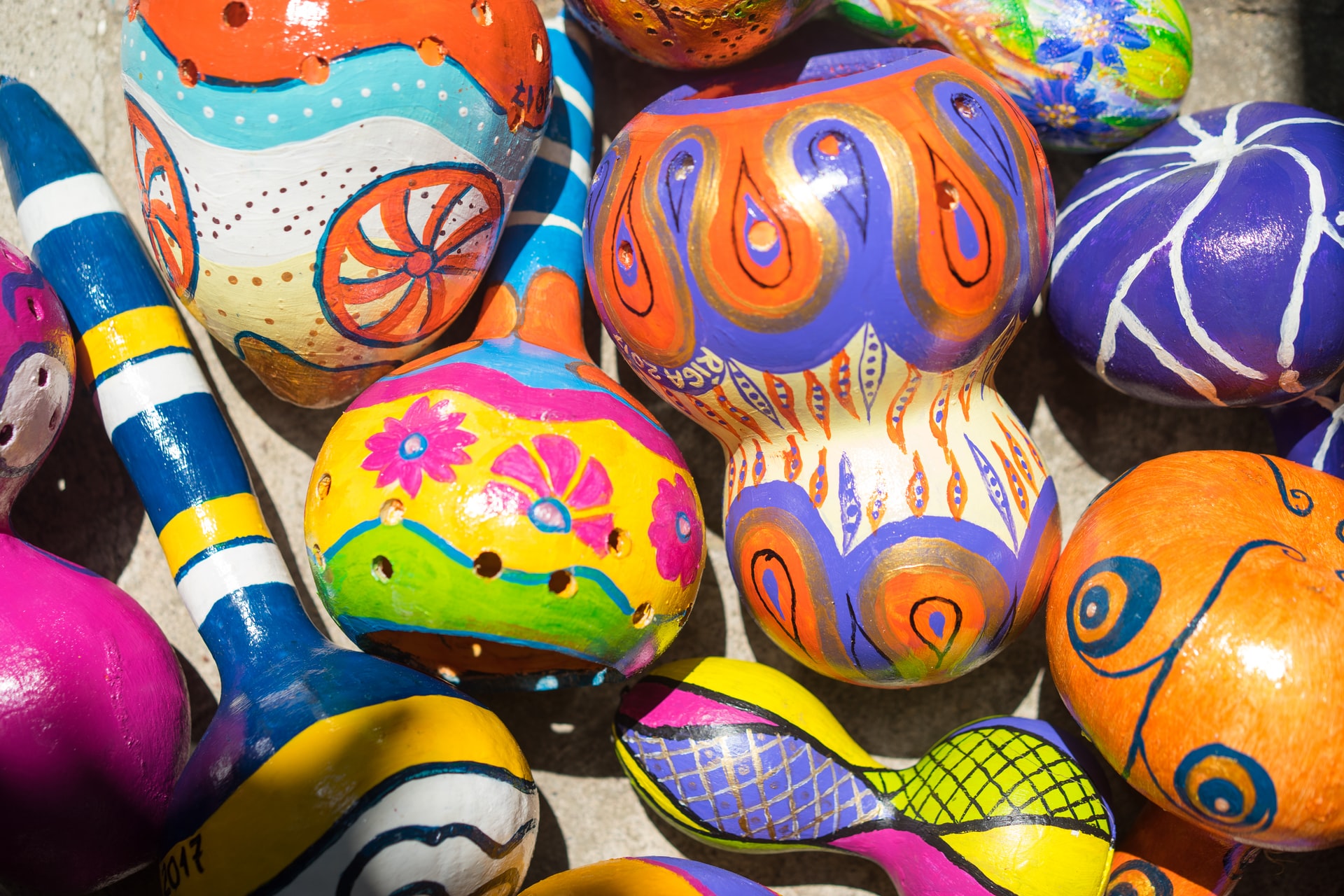We are traversing a point where cultural diversity and the need for intercultural dialogue are more prominent than ever.
Cultural diversity is an essential condition of human society that was true even in ancient societies, like the “metics” in ancient Greece. They were foreign-born individuals seeking economic opportunities in prosperous old Greek city-states like Athens.
As foreigners, the metics did not have full citizen rights, and essentially, they would choose to become second-class citizens just for the sake of living a better life with more opportunities. But for this social scheme of a culturally diverse society to work harmoniously, there was and still is the need for cultural understanding and that several fundamental principles are present.

The European area has a long history of conflict on various bases like nationality and religion. But despite the rich European cultural diversity, the bold European experiment that initially began with the core objective of avoiding an all-out war like the two world wars of the first half of the 20th century seemed to be working thus far.
As the circumstances have now changed due to recent developments, mainly in the Middle East, a continuous influx of migrants is refugees towards Europe. For this reason, we need to rethink those principles that allow the intercultural dialogue and cultural diversity to flourish again.
What is the Current Situation?
More than two millennia have passed since the metics, but still not much has changed. Modern societies have their present-day metics, the migrants and refugees. They are the ones who are willing not only to put themselves in danger but also their families to reach a safer place with more opportunities.

For those that are quick to judge, this probably sounds like reckless behaviour. And they are probably right up to some point, but it also clearly shows the desperation of the people fleeing wars and poverty.
Unfortunately, the cultural diversity that those migrants bring with them is not always welcomed by locals. Tribalism, which is the inherent tendency of people to organize in groups with a strong cultural or ethnic identity, remains strong in many parts of the world. The EU is not an exception to that.
For this reason, we Europeans must remember again those principles that allowed our harmonious co-existence for decades that created the longest-lasting peace period in Europe. Once more, we need to set aside our differences, engage in discussions, and find common ground to accept this new type of cultural diversity.
What are the Key Principles of Intercultural Dialogue?
First of all, before going deeper into the principles that enable effective intercultural communication, let us try to define it. The “Intercultural dialogue is an open and respectful exchange of views between individuals and groups belonging to different cultures that leads to a deeper understanding of the other’s global perception.”. That way, conflicts will minimize, while at the same time, respect for human rights, democracy and the rule of law will increase.
According to the Council of Europe, based on experience, there are at least six enabling factors that make intercultural dialogue meaningful.
- The equal dignity of all participants;
- Voluntary engagement in dialogue;
- A mindset (on both sides) characterized by openness, curiosity and commitment, and the absence of a desire to “win” the dialogue;
- A readiness to look at both cultural similarities and differences;
- A minimum degree of knowledge about the distinguishing features of one’s own and the “other” culture;
- The ability to find a common language for understanding and respecting cultural differences.
The above principles are essential to follow before engaging in intercultural discussions to be meaningful and effective. They may look easy on paper, but unfortunately, reality proves otherwise. The majority of intercultural conversations are often dominated by sentiments of superiority between the two sides without looking for a common ground on which both sides can work.
The authentic and meaningful intercultural dialogue is not about “winning” the discussion, or it would be called a debate. On the contrary, a dialogue seeks to expose both sides of arguments and promote reflection on the topics at hand.

TOGETHER | Towards a Cultural Understanding of The Other
The TOGETHER Erasmus+ project understands the importance of intercultural communication and the advantages of a culturally diverse society. For this reason, the project wants to bridge the differences between people, boost cultural understanding, and increase cohesion in European societies to face everyday challenges together.
Starting from the local level, the consortium targets local actors to train and promote our shared values while cultivating the key principles of intercultural dialogue. This mission is vital as racial tensions are on the rise in the culturally diverse societies that we live in.
Institute of Entrepreneurship Development (iED) is an experienced partner in European projects with vast experience with Social Inclusion European projects from various European Programmes. If you want a strong ally on Social Inclusion for your consortium, we can’t wait to make you our partner.

